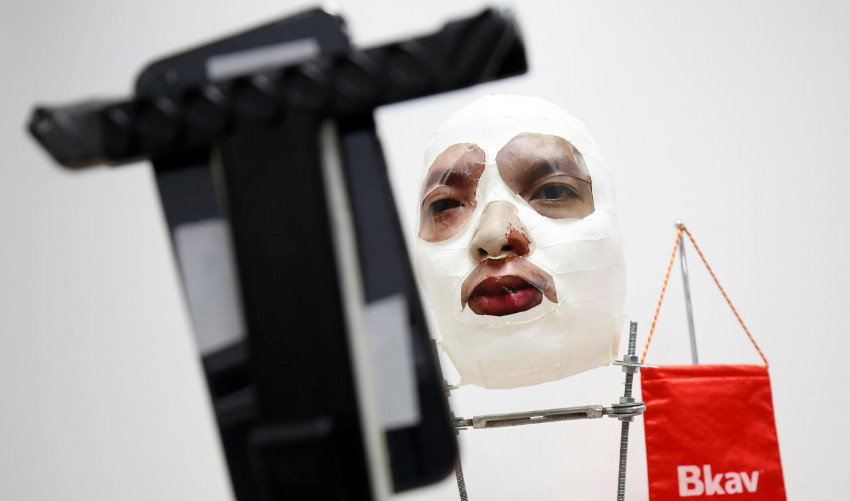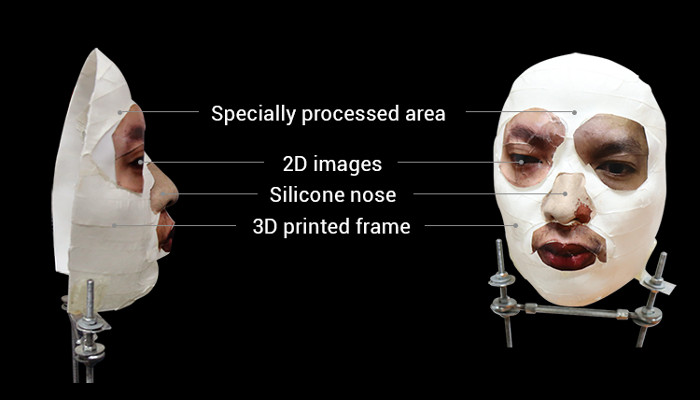iPhone X Face ID Deceived by 3D Printed Mask

Since being announced in September, the iPhone X is Apple’s latest smartphone release. New features of the iPhone X include a facial recognition tool to unlock the device or send payments. When presented, Apple lauded how accurate their tool was. However, only days after its release, a 3D printed mask developed by a firm called Bkav have bypassed its security.
The iPhone X is Apple’s most expensive smartphone, starting at $999 in the USA and £995 in the UK. The iPhone X celebrates 10 years of their famous smartphones. In addition to the facial recognition feature, the phone includes the integration of an OLED screen, wireless battery charging, compatibility with the ARkit, and more.

The mask which cracked the iPhone X’s Face ID
Fooled by a $150 mask
Phil Schiller, Apple’s VP of Marketing, stated that Apple had collaborated with special effects and masks experts in Hollywood to ensure the Face ID’s reliability. This meant that Face ID could not be hacked. However, only a week after its official launch, Vietnamese company Bkav announced they had unlocked the device using 3D printing.
The video Bkav posted does not concretely explain the necessary steps for the mask’s creation. It does however show the mask unlocking the phone with ease. Bkav claims to have used 3D printing to replicate the face of the phone’s owner. The mask cost roughly $150 (€127) to create, and is composed of plastic, silicone, paper, and makeup. According to Bkav, this could be done with a popular consumer 3D printer.
Ngo Tuan Anh, VP of Bkav, explained “the mask was made by combining 3D printing, makeup and 2D images, as well as a special treatment on the cheeks and the rest of the face. Especially the large areas of skin, to deceive the artificial intelligence of Face ID”.
The unlocking demonstration video made by Bkav:
Bkav: Cybersecurity Experts
Bkav are cybersecurity experts, and are not new to this. In 2008, the company discovered a critical flaw in Google Chrome, just days after its release. Bkav also managed to trace the server behind an unprecendented DDoS attack to the US. Recently, the company has set itself the goal of demonstrating how facial recognition tech used by companies such as Toshiba, Lenovo, Asus, and Apple, are not secure enough.
Having second thoughts about using your iPhone’s facial recognition? Let us know in a comment below or on our Facebook and Twitter pages! Don’t forget to sign up for our free weekly Newsletter, with all the latest news in 3D printing delivered straight to your inbox!
Sources and photos: Bkav and Reuters (Mai Nguyen, Jeremy Wagstaff, Ian Geoghegan)







